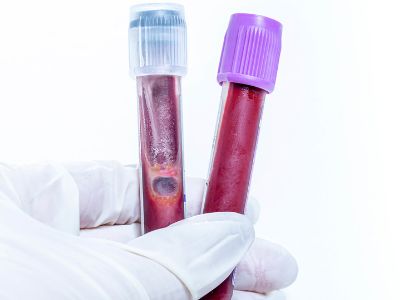Neuropathic pain is often described as a shooting or burning sensation. It can subside on its own but tends to last for days or weeks. Often it is caused by nerve damage or a malfunctioning nervous system, and it is unrelenting and severe at times. Nerve damage affects both the area around the injury and the site of the injury in terms of nerve function.

What are the Causes of Neuropathic Pain?
- Alcoholism
- Chemotherapy
- Amputation
- Thyroid problems
- Diabetes
- Infections such as HIV or AIDS
- Multiple sclerosis
- Facial nerve problems
- Multiple myeloma
- Multiple sclerosis
- Nerve or spinal cord compression due to herniated discs
- Arthritis of the spine
- Syphilis
- Spine
What are the Symptoms of Neuropathic Pain?
- Spontaneous pain that comes without stimulation
- Pain that feels like a shooting, stabbing, burning, or electric shock
- Tingling, numbness feeling
- Induced pain or pain brought about by normally non-painful stimuli like cold or gentle brushing
- Increase of pain due to painful stimuli such as pinpricks and heat.
- Either a spontaneous or evoked unpleasant sensation.
- Trouble sleeping, and emotional problems due to severe pain.
- A normally painful stimulus that may be lessened by a less painful stimulus

Neuropathic Pain Treatment
Anticonvulsants and antidepressant drugs are often the first lines of treatment. Some neuropathic pain studies suggest the use of non-steroidal anti-inflammatory drugs. Doctors may also recommend stronger pain killers. So, ensure to discuss the pros and cons of the medicine you take with your doctor.
In the case of another medical condition, such as diabetes, better management of that disorder may help alleviate the pain. Effective management of the condition can also help prevent further nerve damage. An invasive or implantable device may be used by a pain specialist in cases that are difficult to treat. It has been shown that electrical stimulation of the nerves involved in neuropathic pain can significantly reduce pain symptoms.
Tramadol for Neuropathic Pain
Tramadol is a narcotic-like pain reliever and not an over-the-counter drug. It works by changing the way your brain senses pain. Your body sends pain messages to your brain when the drug binds with the receptor, just like endorphins in your body.
Chronic pain can be treated round the clock with the extended form, which releases into the body slowly. The immediate release is released into the body right away. Buy Tramadol here at a reasonable price, but ensure to seek advice from your doctor first.








